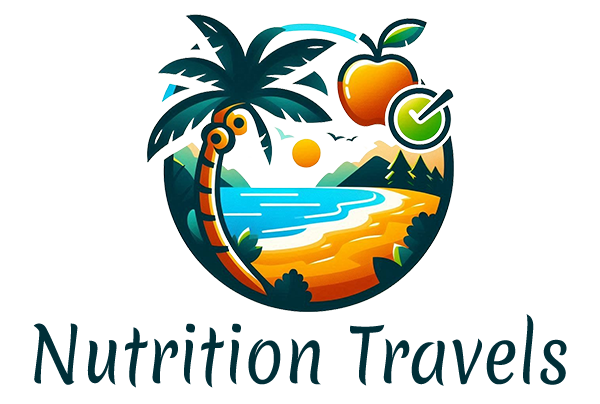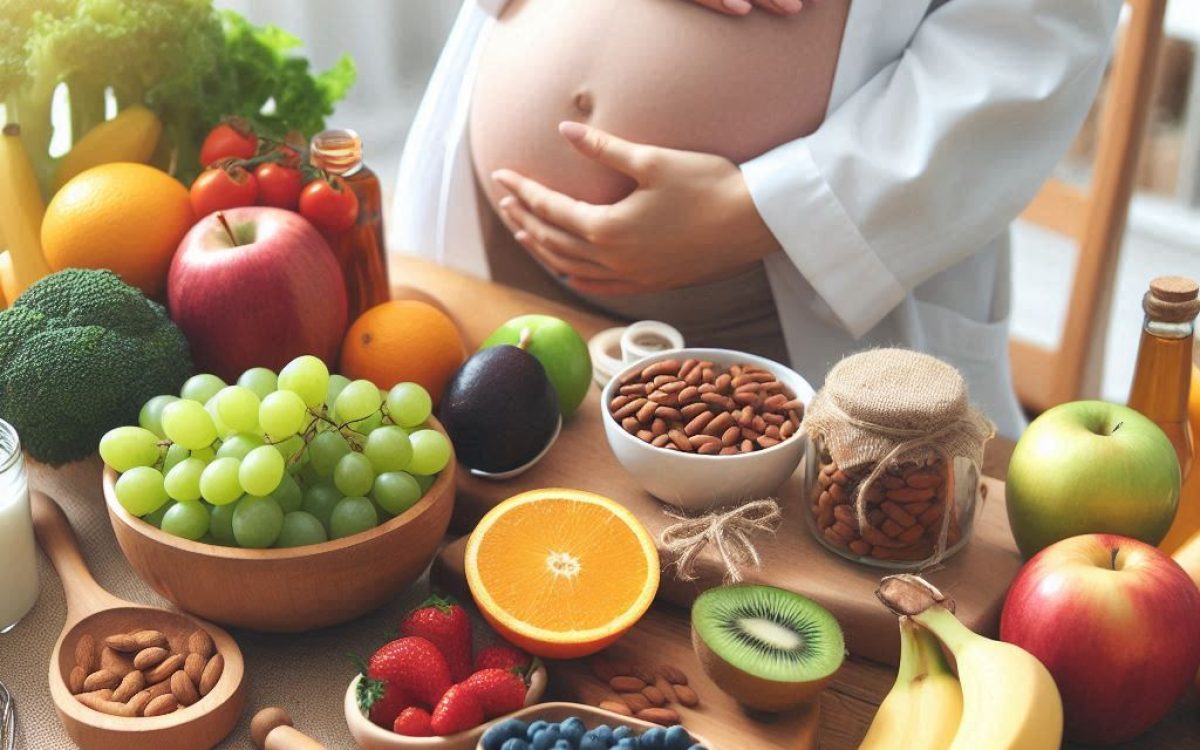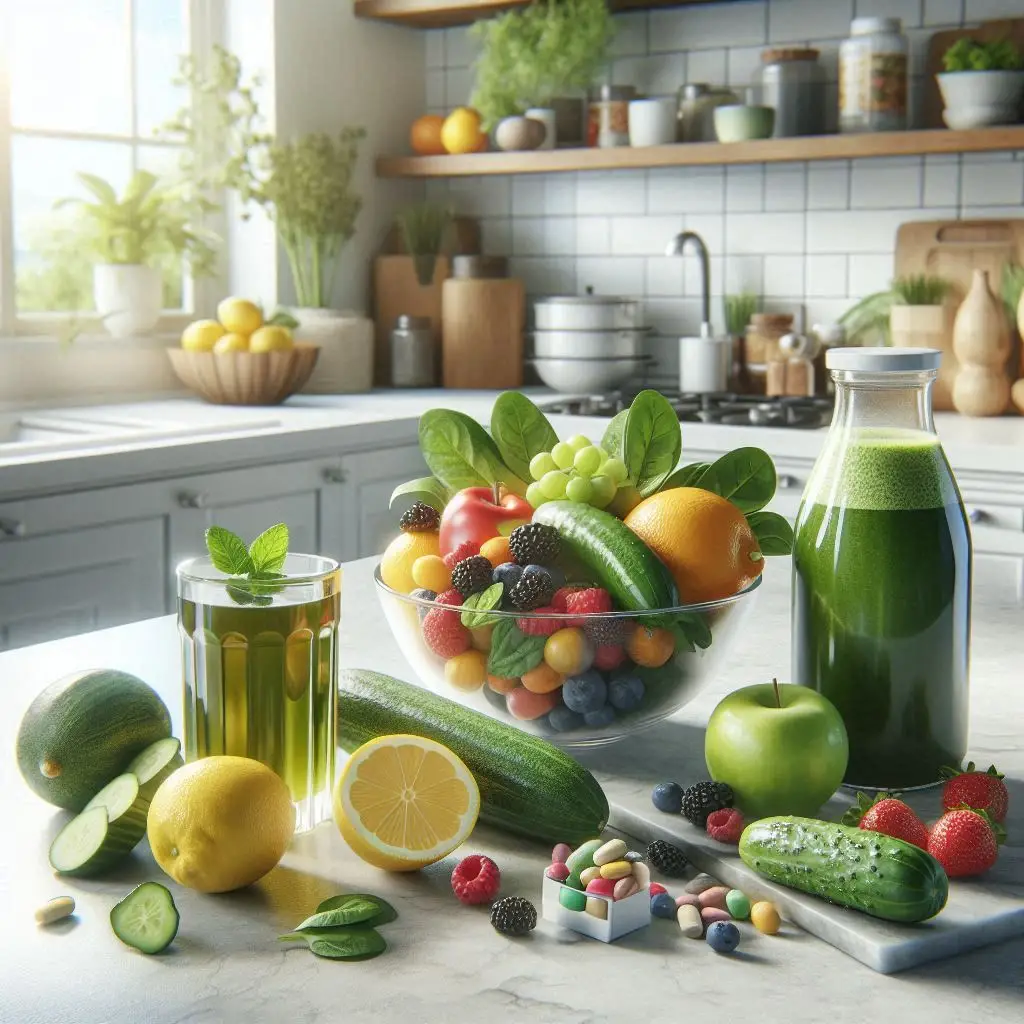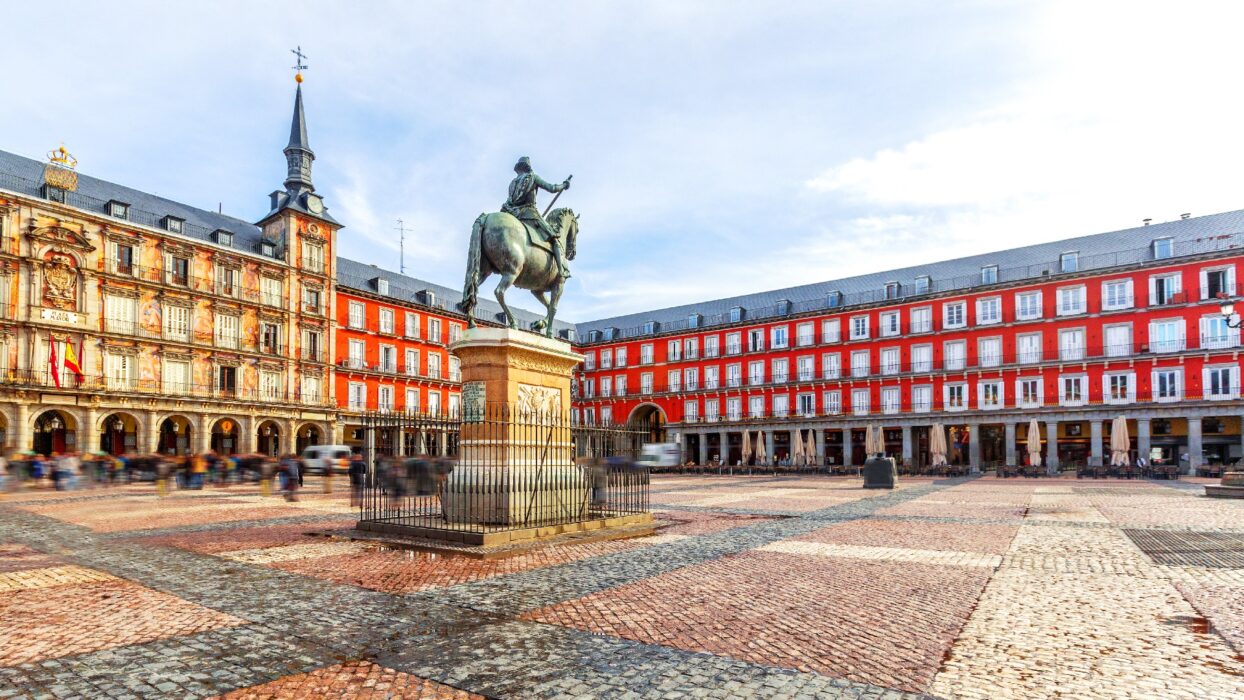Nutrition during pregnancy isn’t just about supporting your baby’s growth — it’s also about preparing your own body for the big journey of recovery after birth. The foods you choose now can make a real difference later: helping you regain your strength, balance your hormones, and heal faster whether you give birth naturally or by cesarean section. Think of it as investing in both your baby’s health and your own future well-being.
In this article, we will explore in detail the relationship between pregnancy nutrition and postpartum recovery, highlighting the key nutrients, foods that promote maternal health and healing, as well as practical tips that can help mothers prepare for the postpartum stage.

Why Is Pregnancy Nutrition Important for Postpartum Recovery?
1. Building Nutrient Reserves:
During pregnancy, the body’s need for vitamins and minerals significantly increases, such as iron, calcium, and protein. Good nutrition builds these reserves in the mother’s body, providing a backup to rely on after delivery when facing blood loss or physical exhaustion.
2. Strengthening Immunity:
A healthy diet during pregnancy boosts the mother’s immunity, thereby reducing the likelihood of infections after childbirth—especially after a cesarean section where the risk of complications is higher.
3. Supporting Hormonal Balance:
Proper nutrition contributes to regulating hormone production during pregnancy and postpartum, which helps reduce mood swings and postpartum depression.
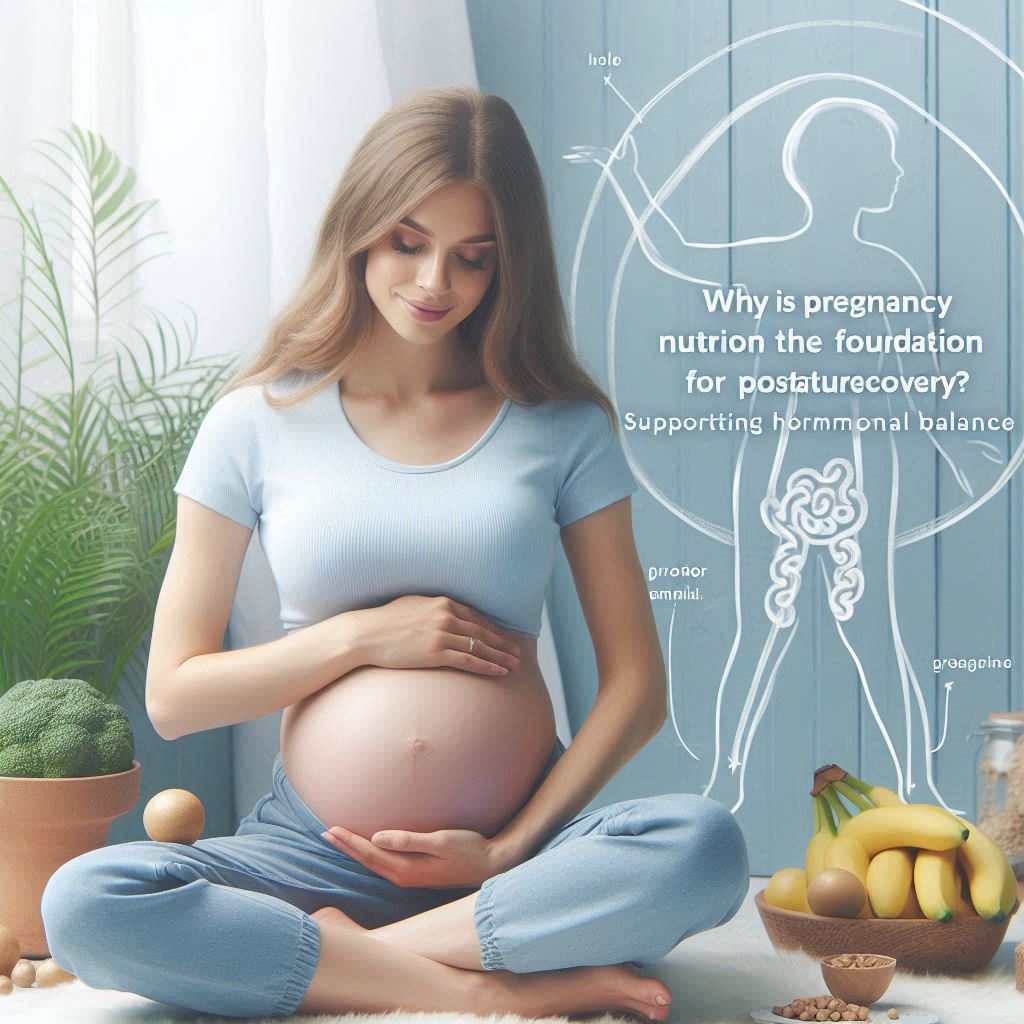
Key Nutrients That Boost Postpartum Recovery:
Here are the superheroes of postpartum recovery — nutrients that every mother-to-be should pay attention to:
1. Iron:
Pregnancy consumes large amounts of iron due to increased blood volume and fetal growth. After delivery, women need to compensate for blood loss. Having good iron reserves during pregnancy lowers the risk of anemia, which can slow recovery.
Sources: Red meat, liver, spinach, lentils, legumes.
2. Calcium and Vitamin D:
Calcium is essential for maintaining strong bones and teeth, particularly as significant amounts are lost during pregnancy and breastfeeding. Vitamin D aids calcium absorption, and together they protect mothers from osteoporosis and joint pain after birth.
Sources: Dairy products, salmon, eggs, and sunlight exposure.
3. Protein:
Protein is the foundation for repairing tissues damaged during vaginal delivery or cesarean surgery. It also contributes to rebuilding muscles and restoring energy.
Sources: White meat, fish, legumes, eggs, nuts.
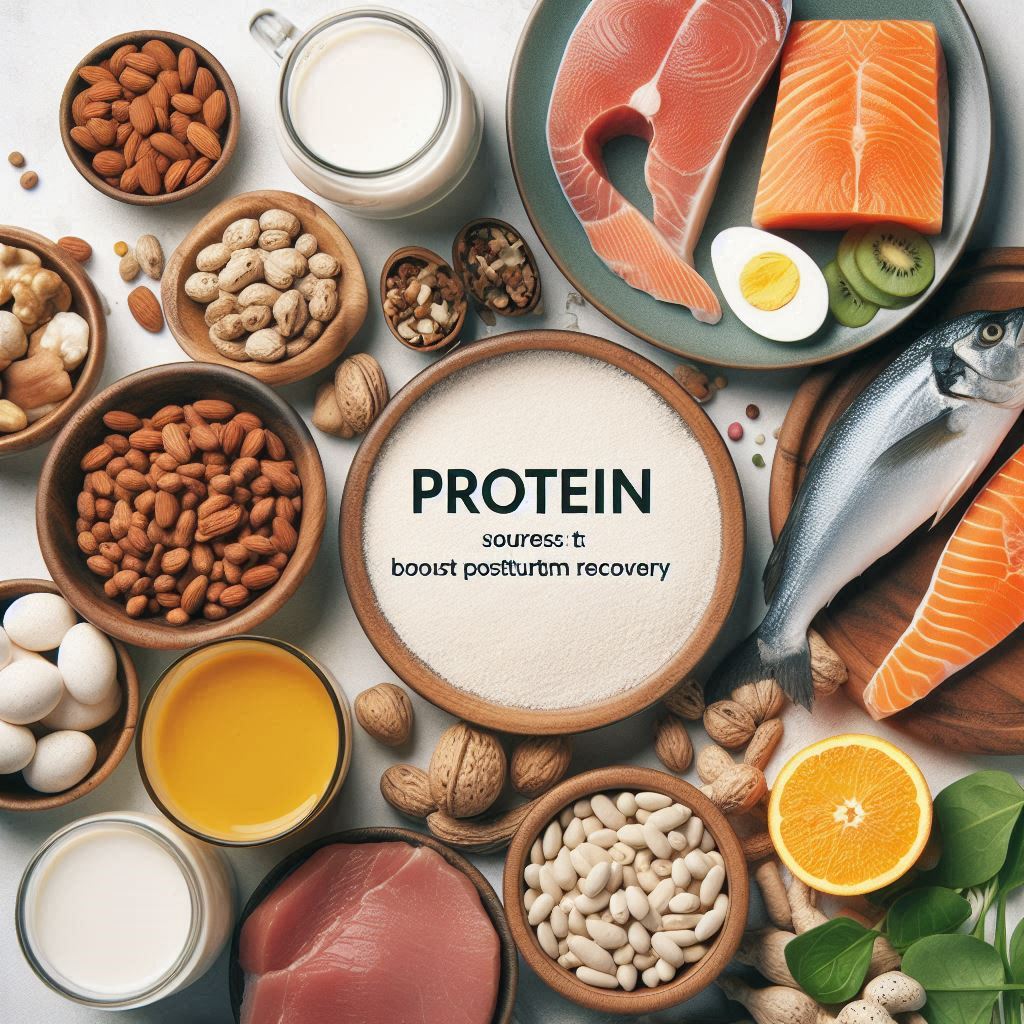
4. Omega-3 Fatty Acids:
Reduce inflammation and speed up wound healing. Improve mood and lower the risk of postpartum depression.
Sources: Salmon, flaxseeds, walnuts, olive oil.
5. Fiber:
Many women suffer from constipation after delivery, which slows down recovery and increases discomfort. Fiber promotes healthy digestion and bowel movement.
Sources: Leafy greens, fresh fruits, whole grains.
6. Water:
Your simplest yet most powerful tool. Staying hydrated means faster healing and steady energy.
Recommended Foods During Pregnancy for Faster Recovery After Birth:
If you’re wondering what to actually put on your plate, here’s a list of everyday foods that will help you feel stronger during pregnancy and recover more smoothly after:
- Fresh leafy greens (spinach, arugula) packed with iron and folic acid.
- Whole grains (like oats and bulgur) for long-lasting energy.
- Nuts and seeds for protein and healthy fats that fuel both body and brain.
- Vitamin C-rich fruits (oranges, strawberries) to boost your immunity.
- Low-fat dairy to keep your bones healthy and strong.
- Fatty fish like salmon to sharpen your mind and protect your mood.
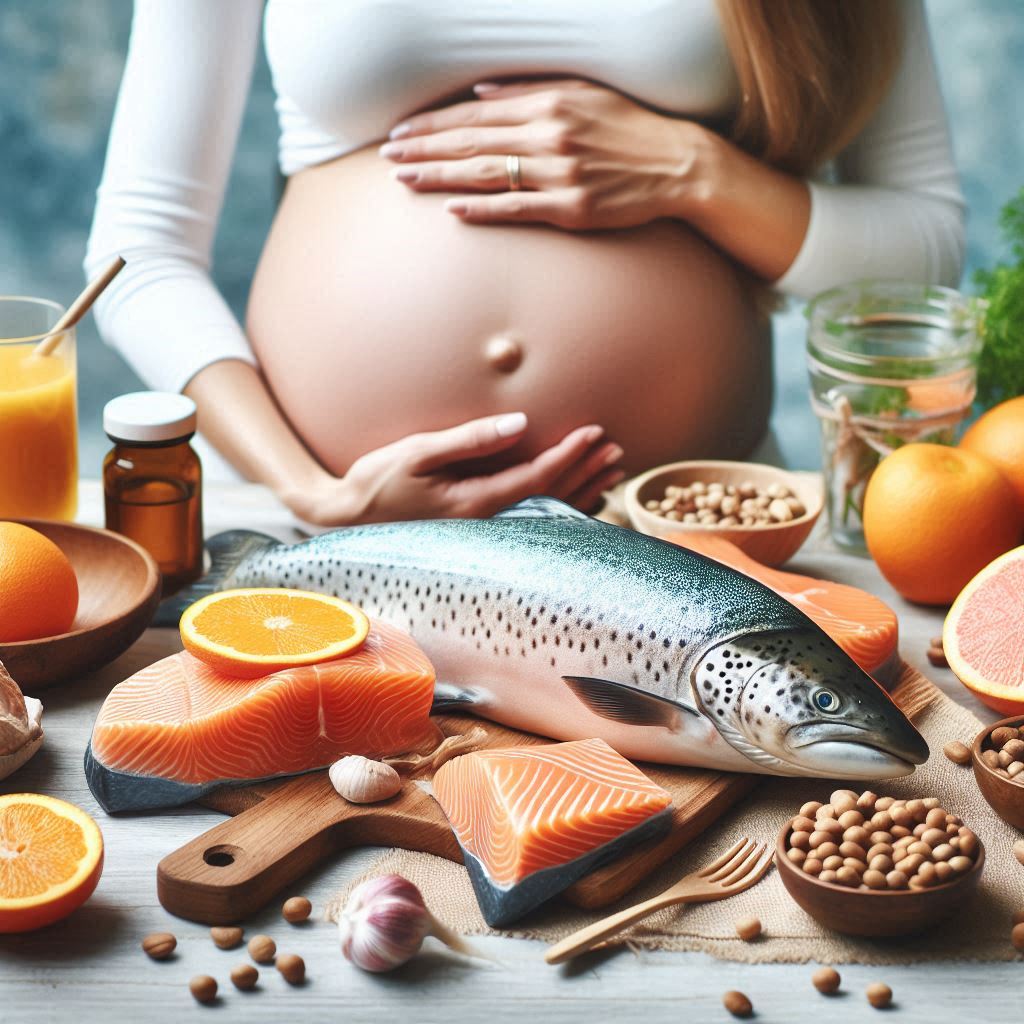
Tips for Pregnant Women to Ensure Faster Postpartum Recovery:
Practical steps to make your nutrition work for you:
- Mix it up — don’t rely on just one type of food, variety is key.
- Cut back on processed foods and sugary snacks; they weaken your immunity and leave you tired.
- Eat smaller, more frequent meals to keep digestion easy and energy steady.
- Start building your nutrient reserves early in pregnancy, not just in the final months.
- And most importantly: always consult your doctor or nutritionist for a personalized plan that fits you and your baby’s unique needs.

Pregnancy nutrition isn’t only about your baby — it’s about you too. By caring for your diet now, you’re setting yourself up for faster recovery, fewer health issues, and more strength to embrace motherhood with confidence. Think of every meal as a step toward healing, energy, and joy.
👉 At Nutrition Travels, we’re here to guide you with science-based tips and practical advice — so you can enjoy a healthy pregnancy and a smoother recovery after birth.
